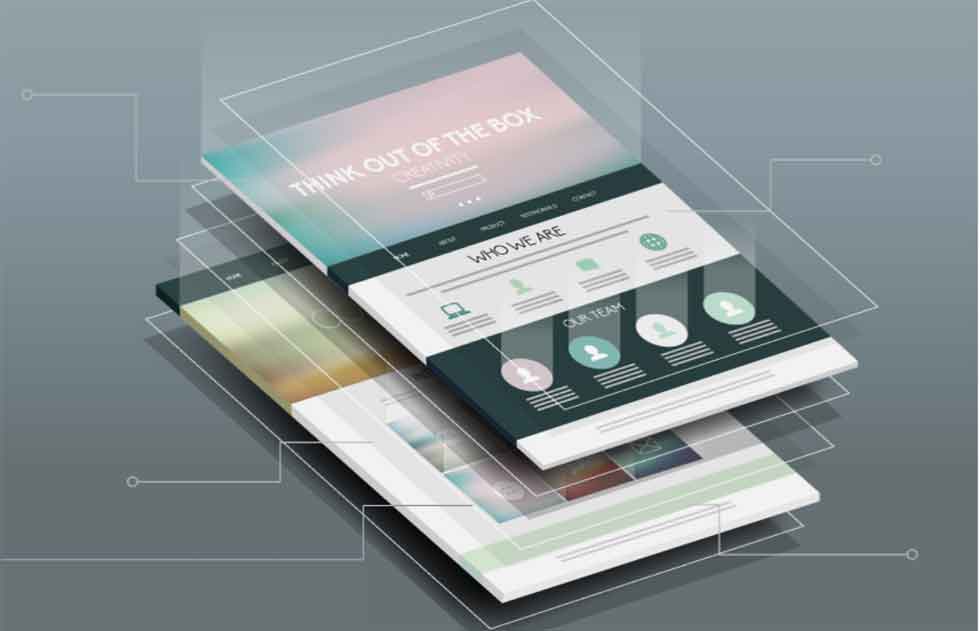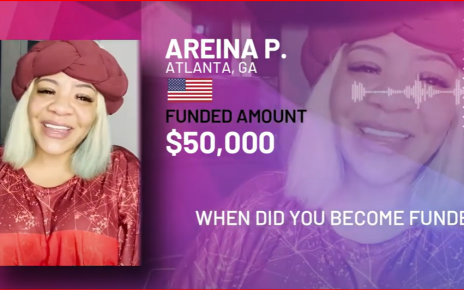Index futures are contracts where two parties agree to buy or sell a financial index at a certain price on a specific date. In other words, you can buy or sell indexes using futures contracts.
So, two parties must decide the following conditions: what markets are going to be traded, in this case, it will be indices. Also, the day the trade will take place or expiration date. Lastly, the price of the trade which is independent of what the market is trading at.
Please note that index futures are paid in cash because you can’t physically hold the underlying asset. Also, you must deposit an initial margin before the agreement is sealed. This margin must also be maintained until the expiration date.
Trading a futures contract is risky like any speculation in the financial market. However, index futures are a popular and liquid market for investors who want to access important indices.
Types of index futures
With equity index futures you can trade on globally tracked indices with real-time quotes. Brokers open doors to futures markets and grant access to various stocks that can be found under an index futures contract.
Some of the most favored trading index futures types are the following:
- SP 500: The S&P 500 is the preferred gauge of equity markets due to its broad coverage of the market. It is a market value weighted index made up of the prices of 500 large stocks traded in the US market, covering about 75% of US equities. All of the stocks in the index trade on the two largest US stock markets, the New York Stock Exchange and Nasdaq.
- Dow Jones Industrial Average: The DJIA is a price-weighted average of 30 significant stocks traded on the New York Stock Exchange and the Nasdaq. The old economy stocks are said to be represented by the Dow. The Dow tends to be the leading indicator for international investment.
- Nasdaq 100: It is compiled of the 100 largest non-financial companies listed on the Nasdaq Stock Exchange. It is flush with technology stocks and it’s behavior serves as a proxy for risk appetite or risk aversion.
- E mini SP: Also known as e-mini represents 1/5 of a value of stock index futures contracts on s p 500. You can find this electronic contract on the Chicago Mercantile Exchange or CME group for short. CME will allow you to trade a great US commodity like crude oil.
- Nikkei 225: It is a stock market index for the Tokyo Stock Exchange (TSE). It has been calculated daily by the Nihon Keizai Shimbun (Nikkei) newspaper since 1950. It is a price-weighted average (the unit is the Japanese yen), and its components are reviewed once a year..
- Hang Seng Index Futures: The Hang Seng is a market capitalization weighted index that follows the top 40 or so companies that trade on the Hong Kong Stock Exchange. The index covers over 65% of the total market capitalization of the exchange, and has a great liquidity level for futures prices.
- FTSE China 50: Another Asian stock indices to expand your portfolio with.
Depending on the types of index futures, they can be appropriate for different types of investments like individual traders, corporate traders, dealers, portfolio managers, wall street traders, and more.
Ready to try the futures market? Check what OneUp Trader offers you!
How does index futures work?
Index futures are set to speculate on a price in the future. With this, you can hypothesize on the market’s direction that can change with breaking news or hedge your position with sufficient margin. As an investor, you can follow the underlying assets or stocks on an index and use futures contracts to earn.
Practice is key when it comes to risky products like a stock index whether on e mini, SP 500 futures, or others.
Maturity period in index futures contracts – CME group
The expiration date on futures contracts will vary. Most of them come to an end quarterly. This would be during March, June, September, and December. In other words, every three months it expires the third Friday. This year 2021 it should be on the following days: March 18th, June 17th, September 16th, and December 16th.
How are index futures contracts settled?
Index futures contracts are settled daily with cash. As mentioned before, since you can’t physically have the security, and you only own the underlying asset. So, cash is what closes the deal and all rights reserved.
Margin and index futures
If you want to use both margin and index futures when closing a deal, then you must have an initial margin. This means that the buyer must keep a division of the total amount of the contract in their account while the futures contract is active.
Profits and loss
According to the CME group, you can calculate the profit and loss of your futures contract by “multiplying the dollar value of a one-tick move by the number of ticks the futures contract has moved since you purchased the contract”. A tick is when the difference, in a single trade space, the price of a stock or another security goes either up or down.
Trading hours

Index futures can be traded 24/7 through some futures platforms like Globex by the CME group that stands for Chicago Mercantile. However, there is a trading peak and this is during the U.S. stock market NYSE is functioning, from 9:30 a.m until 4:00 p.m. When stock market hours close, people continue to open and close index futures positions, but they avoid hedging because the price becomes more variable.
How to trade stock index futures
First thing first: futures brokers. If you have decided your trading goals are aligned with index futures then it is important to find the correct broker according to your needs for a positive user experience. After this step is covered, you are ready to get into index futures strategies and uses.
Hedging
With index futures, you can try to cover a loss by hedging. If you have more than one type of stock under the same index and you think the market data is telling you there might be a plunge, you can take up a short futures position or short hedge. Take into account that you must have a sufficient account balance to meet the original margin requirement. If you do not show the needed results, you will get a margin call in your email.
Speculation
Once you have determined your futures contract it isn’t an obligation or necessity to sit and wait for the expiration date. It is possible to open a counter position, and thereby to close your trade.
Investment
Whoever wants to generate income can do so with index futures. If done correctly, investors can receive great returns. A positive characteristic about these securities is that you can own the underlying assets in an index fund, and not each of the shares.
Check your Funded Accounts options and trade with up to 250,000 dollars in just one step!
Pros and cons of an index future
You can find both more than one advantage and downside to equity index futures. Below we have included the pros and cons of the index futures market so you can decide if it is your investment opportunity or not. In the end, it all depends on your opinion and the risk you want to take on.
Pros
- It is a very liquid market
- 24/7 trading like with CME group
- You can trade using great futures brokers
- Diversified portfolio for a trader
- Contracts allow all rights reserved
- Cash settled
Cons
- There are always risks while trading
- The effective leverage can work against you
- You might have to pay extra if a broker is maintaining your margin futures account.
Conclusion
The market offers amazing and numerous opportunities where index futures are just another attractive option for a trader. All you must do is buy the underlying asset of an index future, set a date, a price, and settle it in cash.
However, we recommend investors always be aware of any price changes since a wrong direction can hurt your portfolio. Knowledge will keep you safe because you will react with calm emotions, using your expertise in case your equity index futures go the wrong way. Investing can be very profitable if done right.





